Guest blog by Terry Sullivan from Fertility Family on Egg Freezing.
Preparing your body for egg freezing is key to ensuring your chances are optimised for a successful procedure and to harvesting eggs of the highest quality for future fertility treatments. Here, we lay out the steps you can take and why they’re important.
Why is it important to prepare your body for egg freezing?
It’s important to prepare your body for egg freezing to improve egg quality, increase the number of viable eggs retrieved, and minimise potential risks or complications during the process. To obtain the eggs for the egg freezing procedure, which involves a woman’s body producing multiple eggs at once, these mature eggs are extracted, frozen, and stored, ready to be used in an IVF procedure at a later date. Higher-quality eggs improve the chances of healthy embryo development and successful implantation, leading to better outcomes in achieving and sustaining a pregnancy.
Many factors influence the quality of eggs, from lifestyle to mental health. By taking steps to ensure your body and mind are in an optimal position for successful egg retrieval, such as eating a healthy diet, enhancing vitamins and minerals, minimising stress, and avoiding the intake of caffeine, alcohol, and tobacco, you can improve the likelihood of producing higher-quality eggs for the best chances of having a baby in the future.
How can you prepare your body for egg freezing?
There are a few different ways you can prepare your body for egg freezing, including addressing your mental wellbeing, adopting a fertility-friendly diet, and incorporating specific supplements and lifestyle changes. Read on to find out what steps you can take.
Prepare your mind for the egg freezing process.
Preparations for egg freezing should include a holistic approach that looks after your mental and physical wellbeing. There’s no denying that concerns about your reproductive health can be emotionally challenging and overwhelming at times. Studies have shown that stress and anxiety can have a significant impact on fertility. It’s crucial to prioritise your mental health by practicing mindful stress management techniques and seeking support when needed. Engage in activities that promote relaxation, such as meditation, gentle exercise, and acupuncture. Consider seeking counselling or joining a support group to help you navigate the emotional rollercoaster. And remember to communicate openly with your doctor about any concerns or emotions you may be experiencing.
Follow a fertility diet to enhance egg quality during the freezing process.
Adopting a nutrient-rich, balanced diet is essential for enhancing egg quality and promoting overall reproductive health. Studies show that there is strong evidence that healthy preconception dietary patterns among both men and women of reproductive age have a beneficial effect on fertility. A fertility-friendly diet should include a variety of whole, unprocessed foods rich in antioxidants, healthy fats, and essential nutrients. The fertility diet plan, or Mediterranean diet, characterised by its emphasis on plant-based foods, healthy fats like those found in olive oil and nuts, and lean proteins such as fish and legumes, has been associated in studies with improved fertility outcomes. This dietary pattern may help regulate insulin levels, reduce inflammation, and promote a healthy weight—all factors that can positively impact egg quality and ovarian function.
Take a fertility supplement
Incorporating a high-quality female fertility supplement into your routine can provide additional support for egg quality and overall reproductive health. Look for supplements that contain research-backed ingredients like inositol and essential vitamins and minerals.
Impryl is a specially formulated supplement designed to support egg quality and overall fertility. It contains a potent blend of activated micronutrients, which help protect egg cells from oxidative stress and DNA damage. Additionally, it provides key nutrients to support metabolic balance and egg development. These micronutrients have been clinically proven to significantly improve live birth rates for men and women who had previously been struggling to get pregnant and can assist those going through egg freezing procedures to help ensure optimal conditions to achieve healthy, good-quality eggs for retrieval.
Improve your chances of successful IVF today
Minimise alcohol consumption.
Excessive alcohol consumption can have detrimental effects on fertility and egg quality. Alcohol can disrupt hormone levels, increase oxidative stress, and potentially damage egg cells. Research shows that even moderate drinking has been linked to lower success rates in fertility treatments. Studies also show a high intake of alcohol by women or their partners is associated with a higher frequency of spontaneous abortions than a low intake. To optimise your chances of a successful egg freezing process, it’s recommended to eliminate or significantly reduce alcohol consumption well in advance. Abstaining from alcohol not only protects your egg quality but also ensures your body is in the best possible condition to respond to the hormonal medications used during the egg freezing cycle. For more insights on the impact of alcohol on fertility, refer to our guide that looks at drinking when trying to conceive.
Quit smoking as soon as possible
Smoking is a significant risk factor for decreased fertility and poor egg quality. The toxic compounds in cigarette smoke, such as nicotine and carbon monoxide, can damage egg cells, disrupt hormone levels, and impair ovarian function.
Studies have shown that smokers have a significantly higher risk of infertility compared to non-smokers, and smoking can also negatively impact the success rates of fertility treatments. To maximise your chances of a successful egg freezing process and preserve your fertility, it’s crucial to quit smoking as soon as possible. Seek support and resources to help you quit and learn more about the impact of smoking on fertility in our blog.
Partake in less-intensive exercise
While regular exercise is generally beneficial for overall health, it’s important to modify your workout routine during the-egg-freezing process. During the hormone stimulation phase, your ovaries will be enlarged, and you may feel bloated and more uncomfortable than usual. At this time especially, although rare, there is a potential risk of ovarian torsion (twisting) with certain high impact activities.
To minimise the risk, it’s advisable to avoid intense exercises that involve excessive pelvic movements, running, and jumping when at the hormone injection stage and for a week or two following egg retrieval. Instead, opt for low-impact activities like swimming, going for a stroll, or light strength training that won’t put unnecessary strain on your ovaries.
If you’re not having regular periods, this may be something that may prevent or inhibit your ability to undergo egg-freezing. Being a high-intensity athlete, can also affect your ability to have periods and ovulate. If you’re in this position, please consult your specialist.
Ensure you’re getting plenty of vitamin D
Vitamin D is crucial for reproductive health, as it’s associated with enhanced egg quality and better fertility outcomes. Research indicates that a daily intake of vitamin D can boost clinical pregnancy rates among women facing infertility. This vital nutrient plays a significant role in regulating hormone levels, supporting ovarian function, and contributing to the development of healthy egg cells.
To gain adequate vitamin D levels, aim for regular sun exposure while protecting your skin. Plus, you can include vitamin D-rich foods in your diet, like egg yolks, fish, and fortified dairy products, or consider taking a high-quality supplement under the guidance of your doctor.
Vitamin D
Cut down on processed foods.
There has been much publicity about the negative impact of processed foods, so moving away from these foods during your preparation for egg freezing makes even more sense. Refined sugars and unhealthy fats found in processed foods can lead to inflammation and insulin resistance, all of which can have detrimental effects on fertility and egg quality. Research shows that junk food, sugary drinks, and processed foods can adversely affect fertility, compared to a classic Mediterranean diet. To create a more suitable environment for egg development and fertility preservation, switch those fast foods for whole foods like veggies, fruits, and whole grains, and limit processed snacks, meat, and drinks, which can disrupt hormonal balance and have an impact on egg quality.
Preparing your body for egg freezing is a holistic process that requires a commitment to healthy choices. Follow these guidelines, including adding a clinically proven fertility supplement to your daily routine, to make positive lifestyle adjustments, and you could improve your chances of a successful egg freezing procedure and the likelihood of high-quality eggs for future family building.
References:
Rooney KL, Domar AD. The relationship between stress and infertility. Dialogues Clin Neurosci. 2018 Mar;20(1):41–47. doi: 10.31887/DCNS.2018.20.1/klrooney. PMID: 29946210; PMCID: PMC6016043.
Panth N, Gavarkovs A. Tamez M. Mattei J. The Influence of Diet on Fertility and the Implications for Public Health Nutrition in the United States. Front Public Health. 2018 Jul 31;6:211. doi: 10.3389/fpubh.2018.00211. PMID: 30109221; PMCID: PMC6079277.
Van Heertum K. Rossi B. Alcohol and fertility: how much is too much? Fertil Res Pract. 2017 Jul 10;3:10. doi: 10.1186/s40738-017-0037-x. PMID: 28702207; PMCID: PMC5504800.
Tine Brink Henriksen, Niels Henrik Hjollund, Tina Kold Jensen, Jens Peter Bonde, Anna-Maria Andersson, Henrik Kolstad, Erik Ernst, Aleksander Giwercman, Niels Erik Skakkebæk, Jørn Olsen, Alcohol Consumption at the Time of Conception and Spontaneous Abortion, American Journal of Epidemiology, Volume 160, Issue 7, 1 October 2004, Pages 661–667, https://doi.org/10.1093/aje/ kwh259
He S, Wan L. Associations between smoking status and infertility: a cross-sectional analysis among USA women aged 18–45 years. Front Endocrinol (Lausanne). 2023 Apr 19;14:1140739. doi: 10.3389/fendo.2023.1140739. PMID: 37181041; PMCID: PMC10168125.
Zhao F, Hong X, Wang W. Wu J. Wang B. Effects of physical activity and sleep duration on fertility: A systematic review and meta-analysis based on prospective cohort studies. Front Public Health. 2022 Nov 3;10:1029469. doi: 10.3389/fpubh.2022.1029469. PMID: 36408057; PMCID: PMC9669984.
Meng X, Zhang J, Wan Q, Huang J, Han T. Qu T. Yu LL. Influence of vitamin D supplementation on reproductive outcomes of infertile patients: a systematic review and meta-analysis. Reprod Biol Endocrinol. 2023 Feb 3;21(1):17. doi: 10.1186/s12958-023-01068-8. PMID: 36737817; PMCID: PMC9896710.
Łakoma K, Kukharuk O, Śliż D. The Influence of Metabolic Factors and Diet on Fertility. Nutrients. 2023 Feb 27;15(5):1180. doi: 10.3390/nu15051180. PMID: 36904180; PMCID: PMC10005661
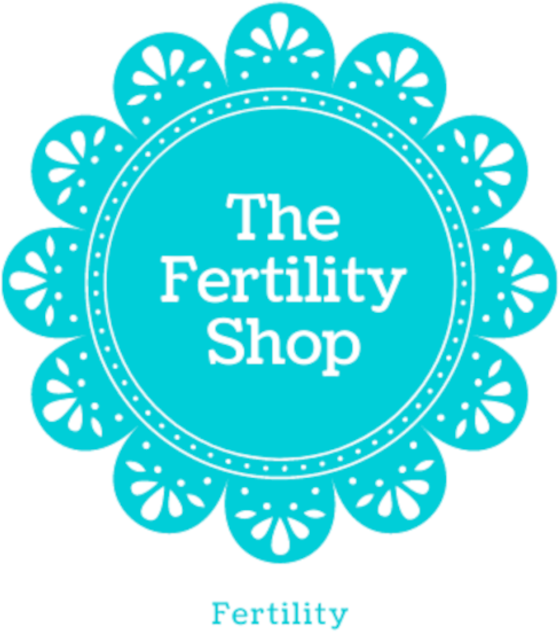
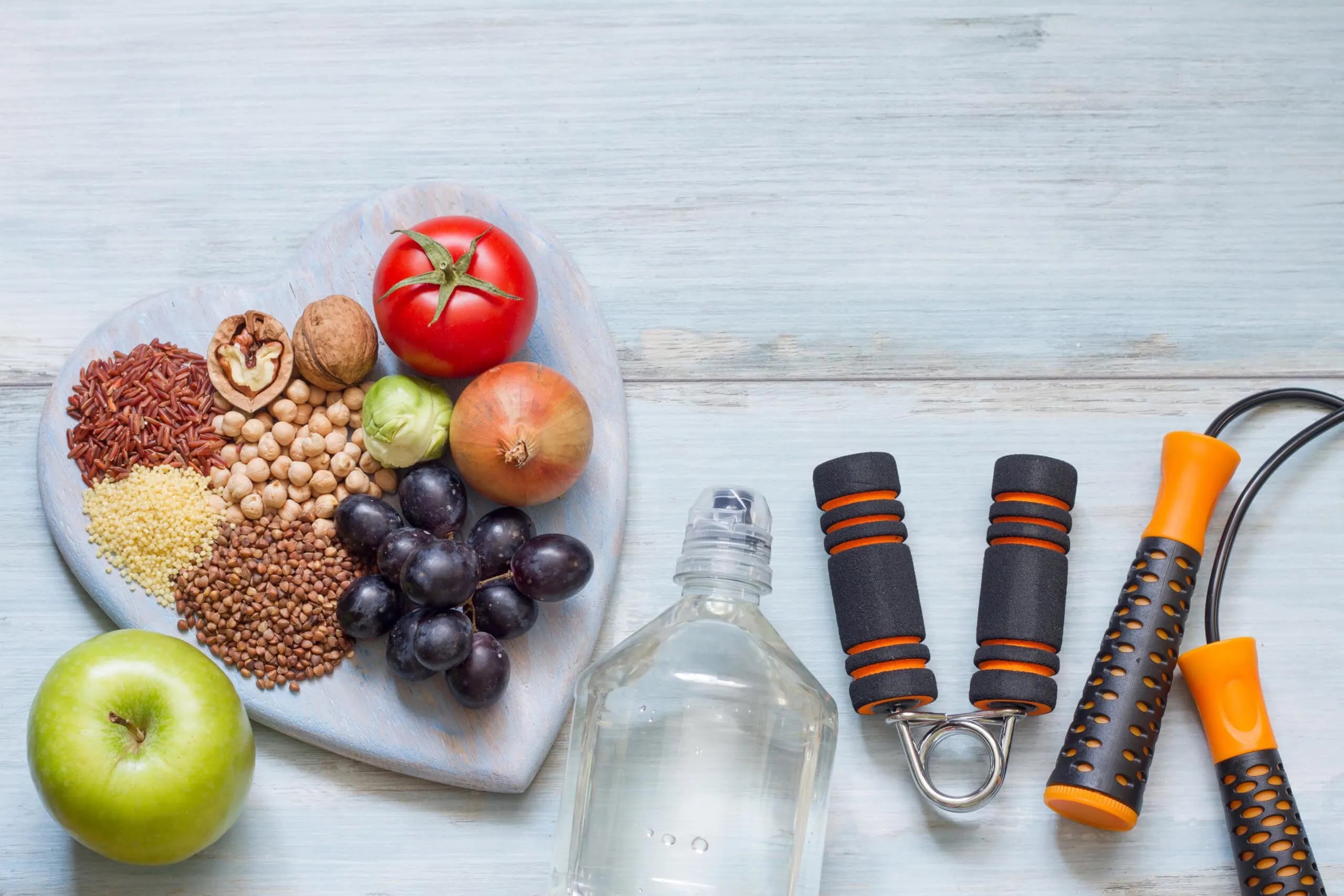

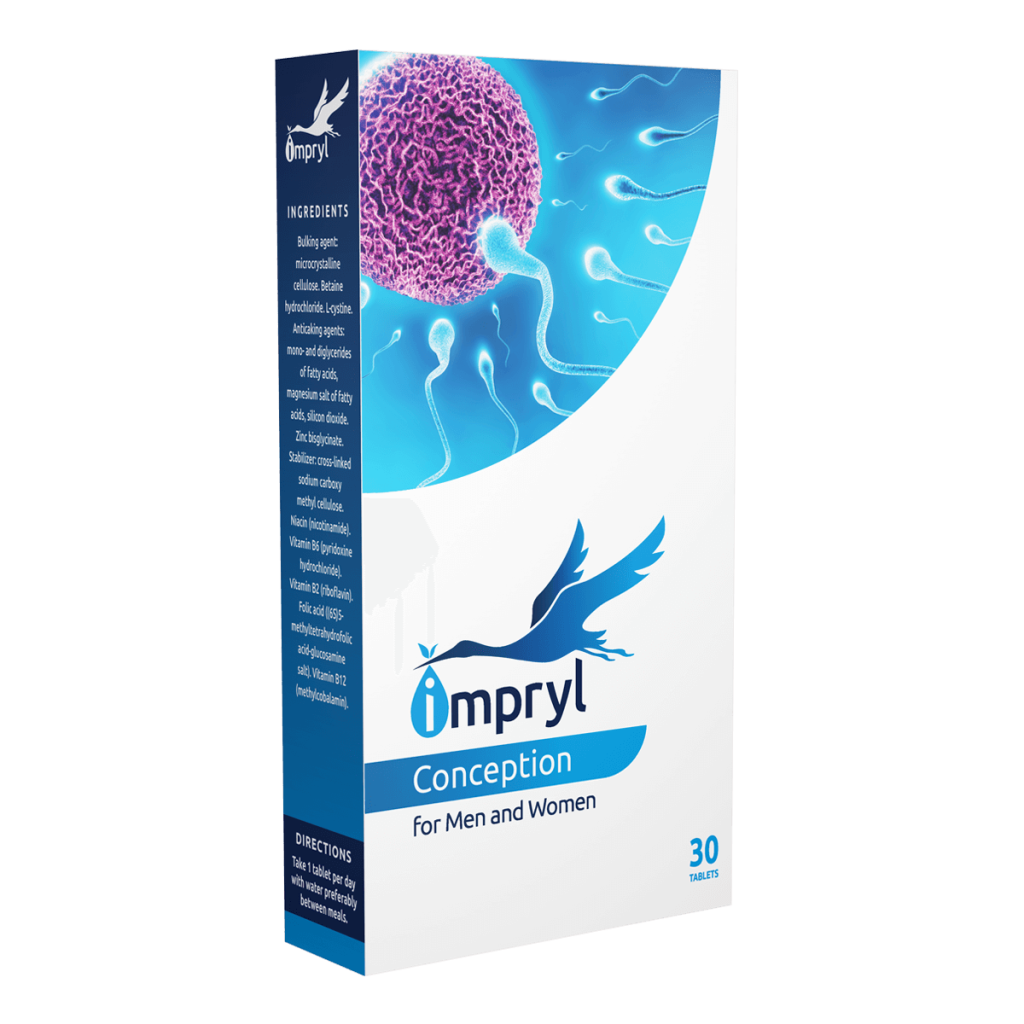
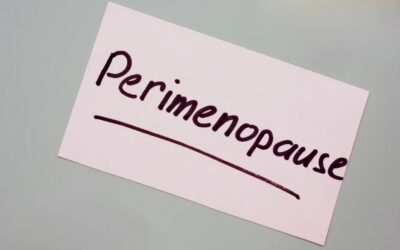
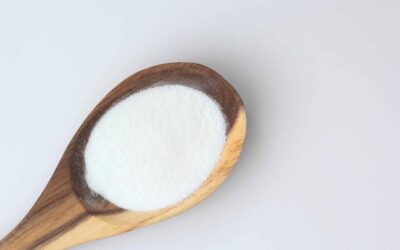

0 Comments